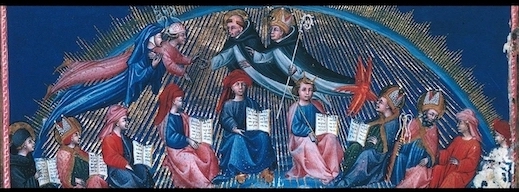Artigos mais lidos pelo mesmo(s) autor(es)
- François Bandet, Do problema do homem ao problema de Deus segundo Juan Alfaro , Lumen Veritatis - Revista tomista | Filosofia Teologia - Tomás de Aquino: v. 1 n. 4 (2008): Lumen Veritatis - 4
- François Bandet, L'existence chrétienne à la lumière de la dévotion mariale , Lumen Veritatis - Revista tomista | Filosofia Teologia - Tomás de Aquino: v. 8 n. 30 (2015): Mariologia
- François Bandet, L’intention apologétique de Maurice Blondel , Lumen Veritatis - Revista tomista | Filosofia Teologia - Tomás de Aquino: v. 9 n. 36-37 (2016): Miscelânea
- François Bandet, Estará a ciência oposta à Fé? , Lumen Veritatis - Revista tomista | Filosofia Teologia - Tomás de Aquino: v. 2 n. 6 (2009): Lumen Veritatis - 6






